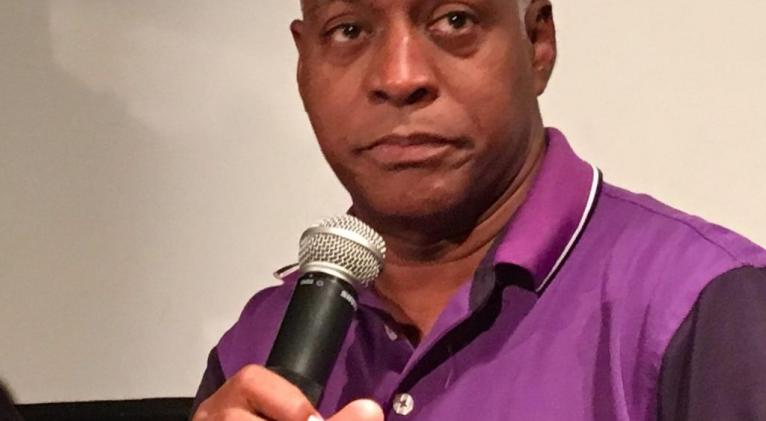‘I decided I would dedicate my life to saving those children’
especiales

Dr. Jesús de los Santos Renó Céspedes discovered his calling — and his passion — by accident.
It was the late 1980s and Reno had been encouraged to put his medical training and mathematical and scientific talents to use by becoming a nuclear medicine specialist. But since nuclear medicine was a sub-specialty of oncology, he was told he’d have to complete a residency in oncology first. He was already having doubts about nuclear medicine — “at the time, they didn’t spend a lot of time with patients” — and he wasn’t encouraged by his initial rotations in oncology either.
“I thought, well, I’ll finish this, I’ll become an oncologist and then I’ll decide what to do next.”
But then he began his rotation in pediatric oncology, and his life — and future — changed. “I got so angry seeing all those kids with cancer, and I decided I would dedicate my life to saving those children. That’s why I’m still working in the same place after 30 years.”
Today, Dr. Renó, 58, a professor, researcher and specialist in pediatric oncology, is the head of pediatrics at the National Institute of Oncology and Radiology in Havana.
He’s also frustrated. He’s frustrated by the many and various ways the United States blockade against Cuba has made it difficult for him to get the medicines and equipment he needs to treat his young patients. And he’s angry about the hours and days and months and years he and his fellow health professionals in Cuba waste trying to navigate the blockade’ bans and restrictions just to get the resources they need to continue to treat the sick.
That, in fact, is what brought him to Washington this week to take part in the International Committee’s third Days of Action Against the Blockade.
Over the course of the week, Dr. Renó briefed U.S. legislators, met with American health care professionals and shared his own experiences with students and others at various events in Washington designed to highlight the impact the blockade has had on the Cuban blockade. On Thursday, he participated in a panel discussion on Cuban health care, the impact of the blockade and what Americans can learn from Cuba’s world-renowned health care system.
Before the collapse of the socialist bloc in the early 1990s, he says it was possible for Cuba to get the latest medicines and technologies from its socialist partners. But once that route was closed, the full impact of the more than 55-year-old U.S. blockade began to make itself felt.
“It was shocking and depressing,” Renó says of the sudden lack of medicines and even basic materials to perform surgeries. “We had the money to buy what we needed, but we couldn’t buy it. The American companies were afraid to sell us anything.”
And it wasn’t just American companies. The U.S. has imposed its anti-Cuba will on other countries and companies, threatening them with fines and other penalties if they have any dealings with Cuba.
At one point, he recalls, Cuba bought a nuclear medicine camera from a Canadian supplier but then had to route it through the Netherlands, France and Switzerland before its arrival in Havana to “deviate attention” and make it more difficult for American authorities to identify the source.
Things only got worse as American-based multinational companies vacuumed up smaller pharmaceutical companies in developing countries. Cuba had been able to obtain a cancer treatment drug from Mexico “at good prices” until an American company bought it out — at which point company couldn’t sell to Cuba at any price.
“So we found other labs in India” that helped — until U.S. companies acquired them too. “And we had to start looking again.”
Even when Cuba is able to buy medical technology from other countries, it often turns out that many of the parts used to build it have come from the U.S., meaning Cuba can’t buy replacement parts. There’s plenty of equipment sitting idle in Cuban hospitals today, he says, because Cuba isn’t allowed to buy parts. “Our students call it Jurassic Park,” Dr. Renó jokes.
But the results are no joke.
While Cuba continues to do everything it can to find ways around the blockade — and Cuba has developed its own world class pharmaceutical industry, partly as a result — Dr. Renó says the blockade makes everything more complicated and detrimentally affects Cubans’ health.
Leima Martinez of the Cuban Institute for Friendship with the Peoples (ICAP), who accompanied Dr. Réno to Washington, points to statistics presented to the United Nations that show the blockade cost the Cuban health care system $82.3 million in 2014-15 alone.
“If the blockade ended tomorrow,” Martinez said, “we would have that $82 million to invest in health care for our people.”
Dr. Renó could think of many ways to invest that money in care and treatment for his patients.













Add new comment